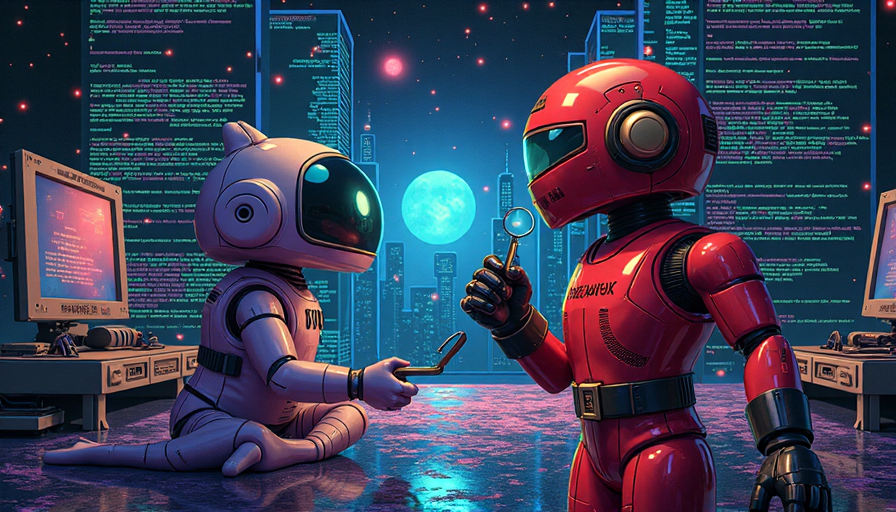
Why AI-Generated Remakes Fall Short for True Game Preservation
In the evolving discussion around game preservation, industry leaders are debating the role of artificial intelligence in maintaining the legacy of classic video games. Notably, Xbox head Phil Spencer recently introduced the idea that AI could help recreate and preserve aging games—a notion that many critics dismiss as a misguided shortcut.
The Controversy Over Preservation
For years, the video game community has lamented the gradual loss of classic games tied to obsolete hardware. Traditional preservation methods, such as releasing the original source code after a game’s prime selling period, offer a straightforward solution that has seen limited adoption due to intellectual property concerns and profit considerations.
Spencer’s proposal leverages a generative AI model named Muse to generate game visuals and controller actions. Xbox suggests that this innovative approach could optimize older titles for modern devices, potentially granting new life to titles that might otherwise vanish into obscurity. However, skeptics argue that an AI recreation is not equivalent to preserving the authentic experience of a game.
The Debate: AI Facsimiles vs. Authentic Preservation
Critics have drawn vivid comparisons to illustrate their skepticism:
- Artistic Analogy: Reproducing a game through AI is akin to producing a photocopy of the Mona Lisa—a mere imitation rather than the preservation of the original masterpiece.
- Expert Opinions: Frank Cifaldi, founder of the Video Game History Foundation, noted that while AI might replicate game logic well enough for development purposes, it falls short of genuine preservation and undermines the painstaking archival work carried out by dedicated historians. Similarly, VGHF library director Phil Salvador dismissed the notion as dangerously misleading, comparing AI-generated video to a mirage offering no real sustenance.
Underlying Motives and Industry Implications
The push for AI-generated remakes also reveals deeper industry motivations. By keeping the original copyrights intact and reissuing enhanced versions on modern hardware, companies like Microsoft can secure continued revenues while sidestepping the more labor-intensive process of true preservation. This strategy not only raises questions about the longevity of cultural artifacts but also about the intentions behind claiming preservation through AI.
Looking Ahead
While the idea of AI rescuing forgotten titles may seem appealing as a stopgap measure, it is clear that it cannot replace the nuanced process of genuine preservation. To safeguard the rich heritage of video games, industry stakeholders must consider more transparent and direct methods—methods that honor both the original works and the communities who cherish them.
Ultimately, the conversation underscores the need for balance. Tony-monitored solutions, such as timely source code releases, may offer a more reliable pathway than quick AI fixes, ensuring that culture is preserved not just in spirit, but in its fullest, most authentic form.
Note: This publication was rewritten using AI. The content was based on the original source linked above.